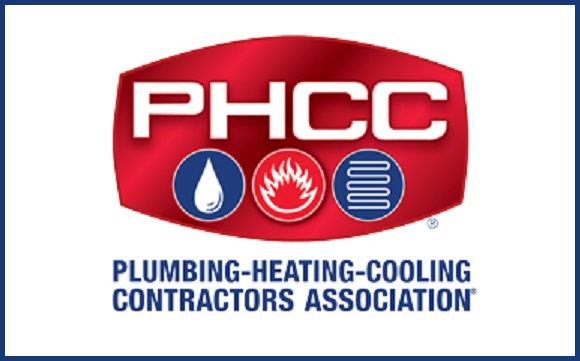
News
Carbon Monoxide: Three Rules to Protect Yourself from CO Poisoning in a Hotel
By David Richardson

If you travel or vacation during the year, you may unknowingly expose yourself to the risk of carbon monoxide (CO) poisoning. I live by a set of rules while traveling to protect myself and my family. Let’s look at these guidelines and see how they might help you before you hit the road.
When I travel, I pack a low-level CO monitor in my backpack. I use the Sensorcon Inspector – Industrial Pro because it clips on my bag and easily goes in my pocket. I have the monitor programmed to alarm at 15 ppm so that I’m alerted to potential issues early on.
A store-bought CO alarm will not alert you to low-level CO – they aren’t that sensitive. They will only give you a false sense of security instead of protection that serves everyone.
If you travel on a plane with your low-level CO monitor, turn it off before you board. It could alarm if you get stuck on the runway. Passengers tend to look at you suspiciously when this happens.
If a low-level CO monitor alarms while at the hotel, bring it to the attention of hotel management. If they won’t correct the problem, it’s time to move to a safer location. Don’t keep this a secret though; other hotel patrons need to know unsafe conditions exist. This knowledge can prevent a tragedy.
Avoid First Floor Rooms
I do my best to avoid first floor hotel rooms because of the potential interactions between through the wall HVAC (PTAC) units and automotive exhaust. This combination can put you at extreme risk for CO poisoning from an idling car parked outside of your room. Outside air is pulled into the PTAC unit and distributed into the hotel room.
If a vehicle is idling outside your room, auto exhaust fumes containing deadly amounts of CO can be pulled in through the PTAC for you to breathe. Since first floor rooms have the potential to expose you to high levels of carbon monoxide only a few feet from your room’s door, play it safe and avoid them.
Avoid Rooms Near the Mechanical Room
In addition to avoiding the first floor, be proactive and request a room away from the mechanical room when you make your reservations. If you discover your room is located near the mechanical room once you arrive, request a room change.
Don’t be afraid to inconvenience the hotel staff to do this, they’ll get over it, I promise. If they deny your request to move, cancel the room and go someplace that cares about their guests. It isn’t worth your safety to take this risk.
The lists of potential CO dangers located in a mechanical room include boilers, water heaters, pool heaters, and dryers. If these appliances are operating unsafely due to defects or poor installation conditions, you could be affected.
Be Aware
As you travel, keep your eyes open for potential CO dangers. You can prevent a lot of issues by being pro-active, aware, and measuring the air you breathe. Remember, CO is odorless and tasteless in its pure form.
About the Author
David Richardson serves the HVAC industry as a curriculum developer and trainer at the National Comfort Institute, Inc. (NCI). NCI specializes in training focused on improving, measuring, and verifying HVAC and Building Performance. If you’re an HVAC contractor or technician interested in learning more about adding combustion testing to your services, contact David at davidr@ncihvac.com or call him at 800-633-7058. NCI’s website www.nationalcomfortinstitute.com is full of free technical articles and downloads to help you improve your professionalism and strengthen your company.














